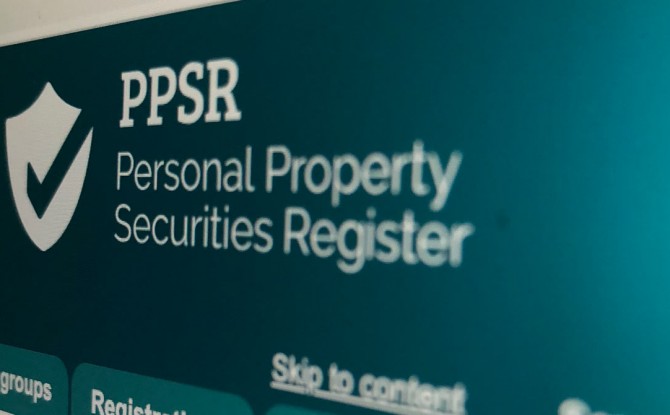
General Security Deeds
A General Security Deed (GSD) or a General Security Agreement is effectively a legal document used to secure the repayment of a loan or some other legal obligation.
GSDs are often used by lenders such as banks where there is no real property security available to place a Mortgage or Caveat over, so in addition to signing a Loan Agreement or Letter of Offer, a borrower will likely also be asked to sign a GSD.
Prior to the creation of the Personal Property Securities Register (PPSR), a GSD used to be known as a ‘fixed and floating charge‘ which was registered over companies at ASIC. A GSD however, can be registered on the PPSR against any legal entity including a trustee of a trust, a partnership or sole trader and can cover any form of personal property.
Personal property is basically anything other than land and can include motor vehicles, intellectual property, shares in companies, units in unit trusts, stock and business equipment.
Under the GSD, the borrower is known as the ‘Grantor’ and the lender is called the ‘Secured Party‘ and the terms of the GSD can be complicated but basically provide that the Secured Party can take, hold and sell the secured personal property to repay the debt or until the obligation the GSD is securing has been met – this is known as a ‘Security Interest’.
GSDs have priority in the order in which they are registered so there is often a real benefit to registering them on the PPSR (known as ‘perfection’) as soon as possible.
General Security Deeds are complicated and important documents, so before you sign one, you ought to take appropriate advice as to their meaning and effect.
FURTHER INFORMATION
For further information, please contact McKillop Legal on (02) 9521 2455 or email help@mckilloplegal.com.au
This information is general only and is not a substitute for proper legal advice. Please contact McKillop Legal to discuss your needs.


